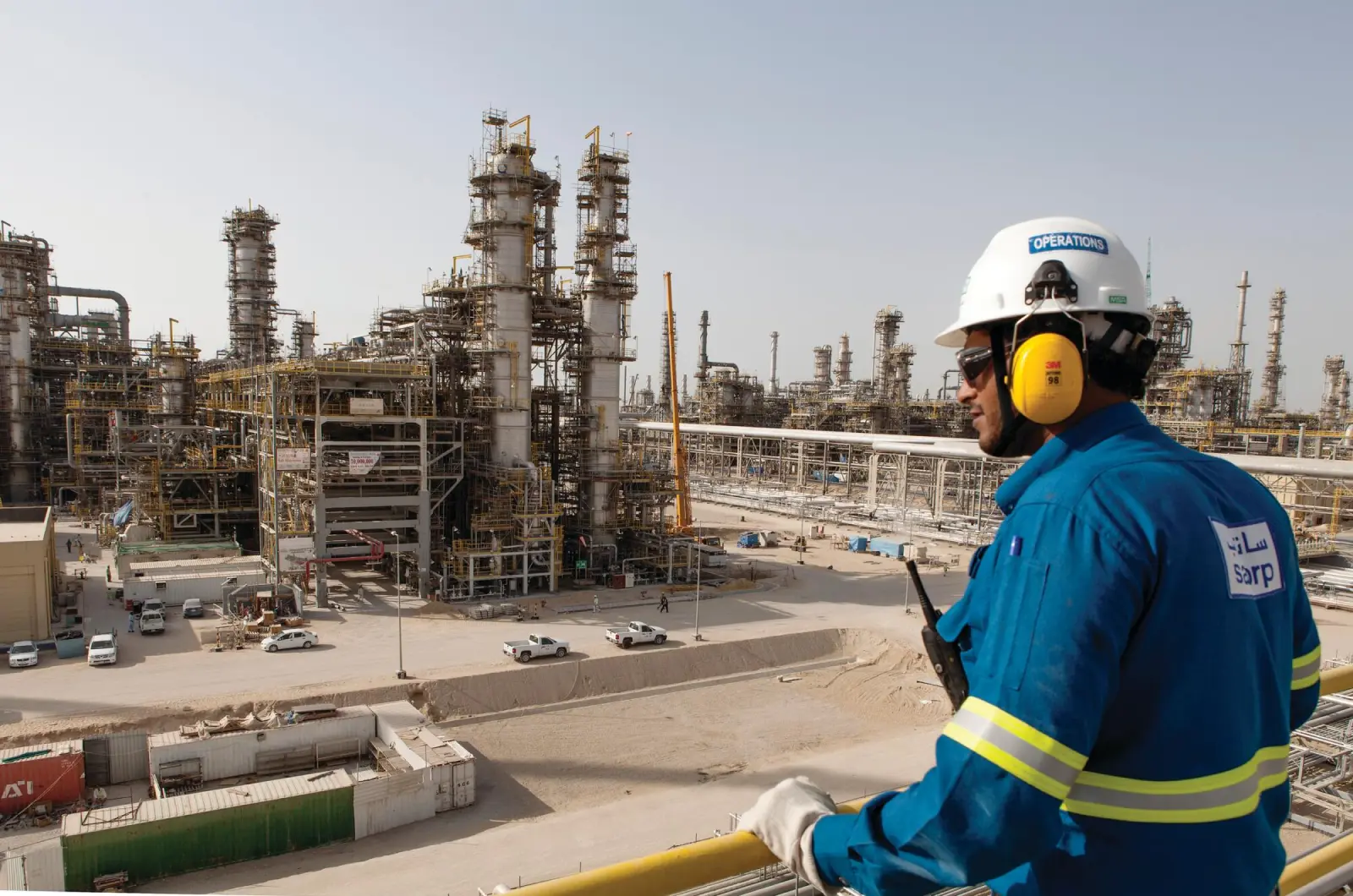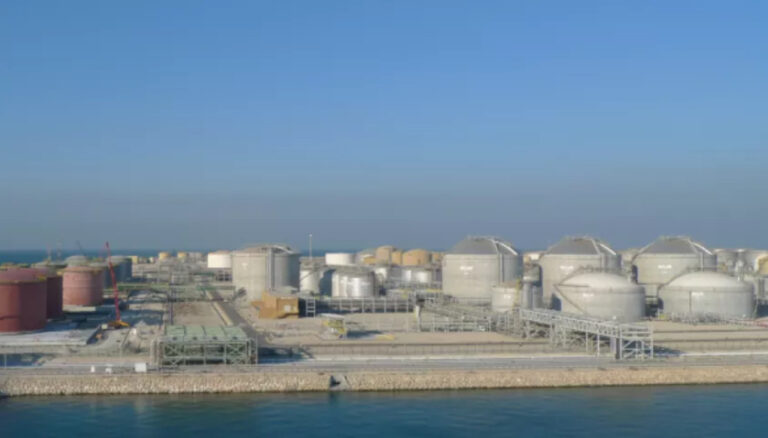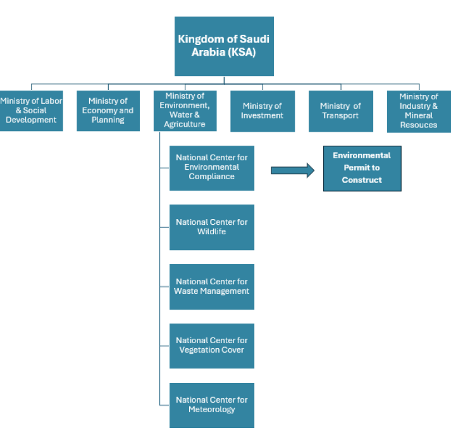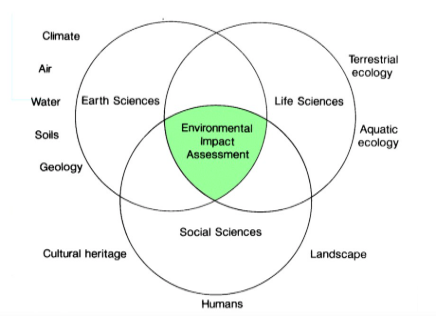
Ensuring harmony in industry and environment at Amiral Project in Jubail
At Staterra, we believe industry and the environment can work together. In Jubail Industrial City II, Saudi Arabia, we’re working to make sure new projects fit seamlessly into their surroundings.
We don’t just write reports; we see ourselves as guardians of sustainability. We work through the complexities of Saudi Arabia’s industrial heartland to protect nature.
Today, we want to share a look at our recent work on the Amiral Storage Project at Chemtank. You’ll see the important part we played and the effort that went into it.

Jubail’s regulations: successfully applying RCER-2015
Jubail is a unique industrial hub. The Royal Commission for Jubail and Yanbu (RCJY) has special authority, given by the Ministry of Environment Water and Agriculture (MEWA) along with the National Centre for Environmental Compliance (NCEC).
This creates a specific set of rules. The Royal Commission Environmental Regulations (RCER-2025 Volumes I, II, and III) are at the heart of Jubail’s environmental management.
Our team carefully reviewed RCER-2025 Volume I, which covers “Regulations and Standards.” We made sure we understood every detail. It wasn’t just about ticking boxes; it was about supporting the RCJY’s aim for sustainable industrial growth. This principle guides all our environmental compliance work in Jubail for major oil and gas and petrochemical clients.

Our detailed EIA approach on Amiral
When we carry out an Environmental Impact Assessment (EIA) – a process to check a project’s potential environmental effects – we truly get involved. It’s more than just running models and analysing figures; it’s about understanding the real-world impacts.
Our expert consultants check every detail. They know these aren’t just numbers, but represent possible effects on local areas. We look beyond technical data and actively consider the local community, working closely with our clients.
Our aim is to present findings clearly, so they can be acted upon and are genuinely useful for everyone involved. Every plan, every soil sample, every analysis is checked carefully to ensure the assessment is as accurate and sound as possible, which is key for any EIA in Saudi Arabia.
Challenges we tackled: a closer look
Jubail’s industrial landscape is very complex. On the Amiral project, we successfully handled several big challenges:
- Data Volume & Time: we dealt with a huge amount of data and tight deadlines. We analysed groundwater from many places and used smart data tools to deliver accurate reports on time. This was a crucial part of managing waste in Jubail.
- Noise Compliance: estimating construction noise needed detailed modelling to meet both RCJY regulations and World Bank/IFC guidelines. We were very careful, using specialist software that considered machinery and site layout. We ran several scenarios, including worst-case ones, to confirm noise levels would stay within limits. This helped to minimise potential noise disruption, in line with our noise assessment practices in Jubail.
- Stakeholder Alignment: managing hazardous waste meant working closely with the waste contractor. We held useful workshops to explain RCJY guidelines, clarify procedures, and set up a clear tracking system.
More than just a report
The Amiral Storage Project was a carefully planned effort. This tank farm is vital for supporting the Amiral Petrochemical Complex, a joint venture by Saudi Aramco and TotalEnergies, and is linked to the existing SATORP refinery. Its environmental integrity was paramount.
We thoroughly looked at the “Do Nothing” option to make sure all possible scenarios were considered. We also put together detailed waste inventory tables. Every step was deliberate and thoughtful. The final report for Saudi Pields, on behalf of Chemtank, really shows our dedication and thoroughness.

Our vision: a truly sustainable Jubail
Staterra’s vision goes beyond just meeting rules. We want to help create a sustainable Jubail in the Eastern Province of KSA, where growth and environmental care exist together.
The Amiral project proved that careful planning can make this vision a reality. Ensuring environmental compliance in Jubail is complex, but at Staterra, we offer unmatched expertise and a real passion for protecting the environment while supporting progress. Our work is about building a sustainable future, and the Amiral project shows this commitment.
If you’re working on a Jubail project or have questions about environmental compliance, we’re here to help! Let Staterra bring our experience and passion to your next venture. Make sure your Jubail project meets all environmental standards, simply contact us today for a consultation, and let’s build sustainably together!
